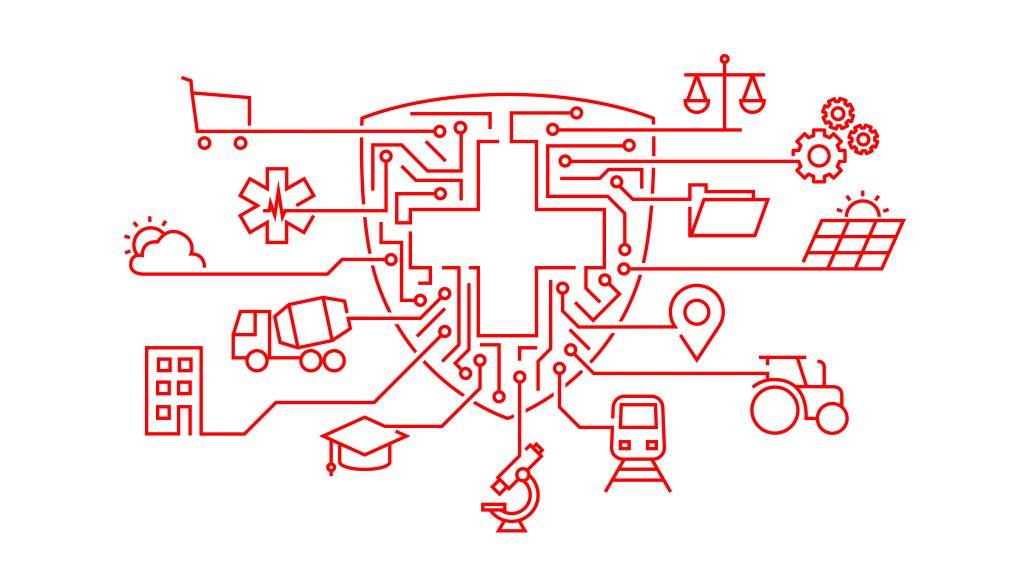New language models (text generators) such as ChatGTP are making headlines because they are apparently "creative", i.e. they produce "new" content. This is - as Eduard Kaeser put it in the NZZ recently - a "misunderstanding" (link below, point 4). However, language models such as ChatGPT can search through quantities of text and, on the basis of certain algorithms, deduce sequences of words from them, which we humans can then recognise as a "meaningful" summary of these texts. One example of such a use case is described below (see link 4): An urban planner, Rick Jacobus, used ChatGPT to evaluate feedback in the context of a public consultation on a spatial planning project. Could language models such as ChatGPT therefore be used, for example, for the (complex) evaluation of responses from cantons, political parties and interested groups to the formal consultation procedures which are an integral and important part of the policy cycle at all levels of Government in Switzerland?
"Draft laws or amendments to laws as well as important ordinances have, by law, to be submitted to a consultation: All important stakeholders are asked to comment on the (political) desirability and (practical) feasibility of a proposal. As a rule, dozens of responses are received: From the cantons, political parties, municipalities, cities, business associations, trade unions, environmental organisations, but also from individual citizens. The feedback can vary greatly in terms of form and scope. These comments must be ""acknowledged, considered and evaluated"" and the result of the consultation ""summarised in a report"" (according to Art. 8 of the Consultation Procedure Act CPA). The consultation documents, the opinions and the report on the results are publicly accessible (Art. 9 of the CPA). The beneficiaries of an AI-supported evaluation of the consultation responses would primarily be the administrations: Only at the federal level, more than a hundred consultations have to be evaluated each year. However, it is probable that such a tool would also be of interest to parties and civil society, provided that the toolchain were made publicly available, in the sense of ""open source”. It would make it possible to independently evaluate the reports established by the administration with the help of machines and thus independently verify the assumptions made in the evaluation by the administrations and its conclusions. Such an independent review is currently difficult to do, due to the ressources needed to sift through the large volume of usually unstructured responses (scan PDFs)."
"The main objective of this challenge is to find out whether the architecture described in Rick Jacobus' blog entry can be replicated using the federal administration's APIs and what opportunities for improvement for the federal APIs are identified in the process (structuring of data; description; documentation; ...). Another goal is to test individual steps of the analysis (extraction of relevant data; evaluation of these extracts) as a pilot. For example, based on the consultation responses and the available APIs of the legal entities in Switzerland, an attempt could be made in a first step to automatically create a list of all participants in a consultation (for legal entities in three languages and including abbreviations), sorted by category of participant (see below, point 8). In a second step, an attempt could be made to carry out a general evaluation (of X participants, Y tend to be in favour, Z tend to be against the proposed solution), also sorted by category of participants. A more ambitious goal (i.e. a ""nice-to-have"" goal) is to build workflows that cleverly interleave data extraction, analysis steps and human decision-making with the aim of optimally supporting the analysis of consultation responses and especially the production of the results report. The result of this can be MVPs and/or findings (in the form of a short report or sketches) on solution approaches that prove themselves (solution design, human-machine task sharing, quality assurance and similar topics)."
Organization: BK Federal Chancellery
Previous
GovTech Hackathon 2023

